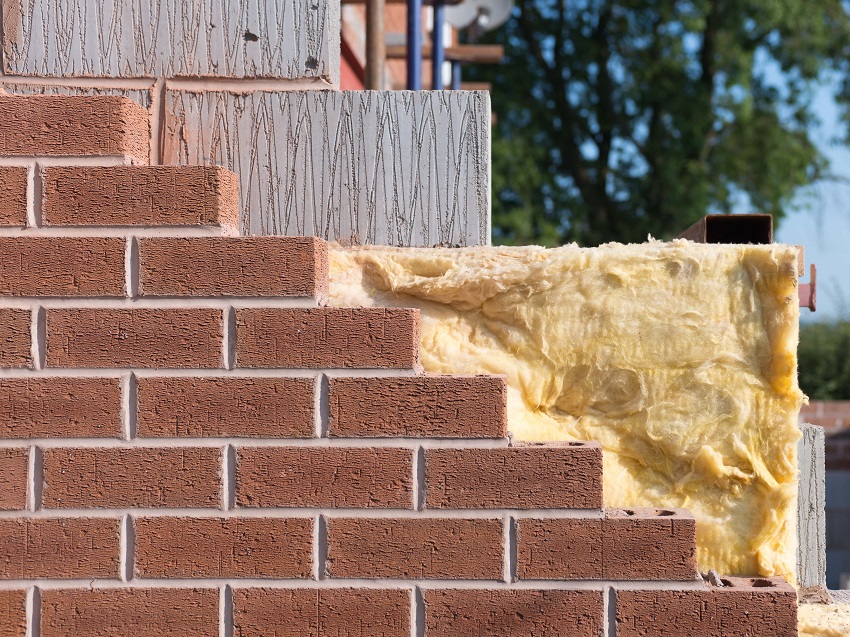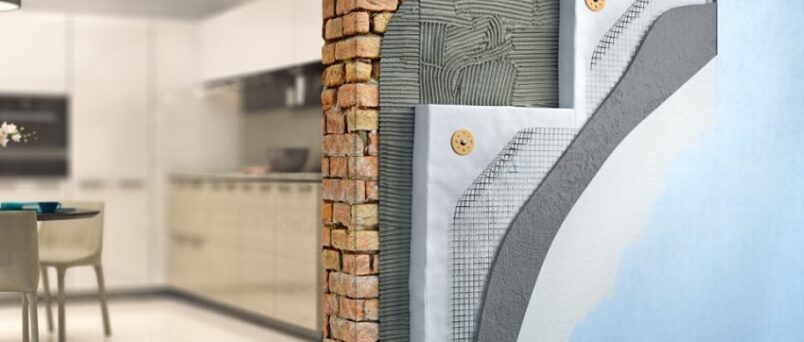If you’re a homeowner looking to improve your energy efficiency and reduce heating costs, you may have heard about cavity wall insulation. It’s a popular solution that promises to keep your home warmer during winters and cooler in summers. But is cavity wall insulation really a good idea? Let’s dive into the details to find out. The article is brought to you by Thebinderblog.com.
Understanding Cavity Wall Insulation
Before we determine whether cavity wall insulation is beneficial, let’s understand what it is. Cavity wall insulation involves filling the gap (cavity) between the inner and outer walls of your home with an insulating material. The insulation prevents heat transfer, thereby improving the overall energy efficiency of your property.
The Benefits of Cavity Wall Insulation
1. Increased Energy Efficiency
One of the primary reasons homeowners opt for cavity wall insulation is its potential to enhance energy efficiency. With proper insulation, your home will retain heat better, reducing the need for constant heating during colder months.
2. Cost Savings on Energy Bills
By preventing heat loss, cavity wall insulation can lead to significant savings on your energy bills. You won’t have to rely as much on heating or cooling systems, which translates to lower utility expenses.
3. Reduced Carbon Footprint
Using less energy to maintain a comfortable living environment means you’re also contributing to a reduced carbon footprint. Cavity wall insulation is an eco-friendly choice that helps combat climate change.
4. Enhanced Comfort
Insulating your walls means fewer drafts and cold spots, making your home cozier and more comfortable all year round.
5. Soundproofing
In addition to thermal benefits, cavity wall insulation can also serve as soundproofing, reducing external noise pollution and creating a quieter living space.
Understanding the Limitations
While cavity wall insulation offers several advantages, it’s essential to consider some potential limitations:
1. Unsuitable for All Properties
Cavity wall insulation may not be suitable for all homes, especially older properties with solid walls or those with existing insulation that cannot be safely removed.
2. Risk of Dampness
Improper installation or using the wrong insulating material can lead to dampness issues within the walls, which can be detrimental to the structural integrity of your home.
3. Cost of Installation
The initial cost of cavity wall insulation might be a concern for some homeowners, but it’s essential to weigh this against the long-term energy savings it can bring.
Is Cavity Wall Insulation Right for You?
Deciding whether cavity wall insulation is a good idea for your home depends on various factors. Here are some questions to consider:
- What’s Your Home’s Construction?
If your home has suitable cavity walls and is free from existing insulation problems, cavity wall insulation can be highly beneficial.
- What’s Your Budget?
While cavity wall insulation may require an upfront investment, it’s essential to think about the potential long-term savings it can offer on your energy bills.
- Have You Consulted a Professional?
Before proceeding with cavity wall insulation, consult a professional to assess your property’s suitability and determine the right type of insulation material.
- What’s Your Climate?
If you live in an area with extreme temperatures, cavity wall insulation can make a significant difference in maintaining indoor comfort.
- Are You Committed to Energy Efficiency?
Choosing cavity wall insulation demonstrates your commitment to energy efficiency and reducing your carbon footprint.
Conclusion
Cavity wall insulation can be a great idea for many homeowners, providing improved energy efficiency, cost savings, and enhanced comfort. However, it’s essential to consider the suitability of your property and consult with experts before proceeding. With the right choice and installation, cavity wall insulation can be a valuable investment in your home’s sustainability and overall well-being.
FAQs
- How long does cavity wall insulation last?
Cavity wall insulation can last for several decades if installed correctly and maintained properly.
- Can I install cavity wall insulation myself?
Cavity wall insulation is a specialized task that requires professional expertise. It’s best to hire trained installers to ensure a proper and safe installation.
- Will cavity wall insulation eliminate all heat loss?
While cavity wall insulation significantly reduces heat loss, it may not eliminate it entirely. However, it can drastically improve energy efficiency.
- Is cavity wall insulation environmentally friendly?
Yes, cavity wall insulation is an environmentally friendly option as it reduces energy consumption and carbon emissions.
- Can cavity wall insulation cause dampness?
If not installed correctly, cavity wall insulation can trap moisture, leading to dampness issues. Hiring qualified installers can help prevent this problem.

